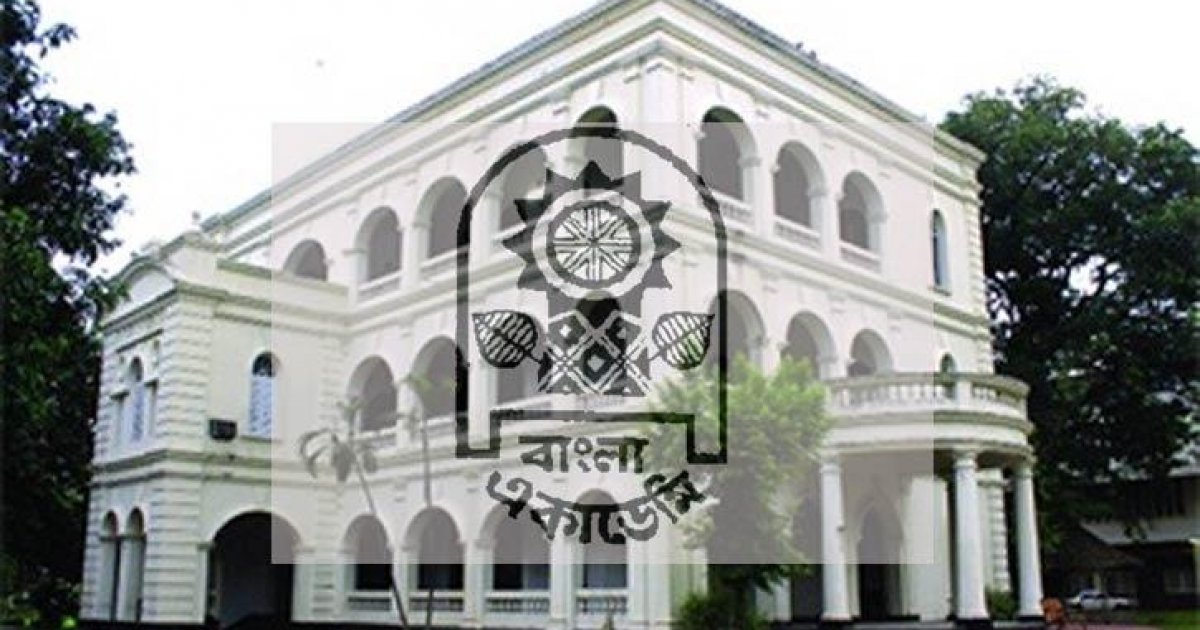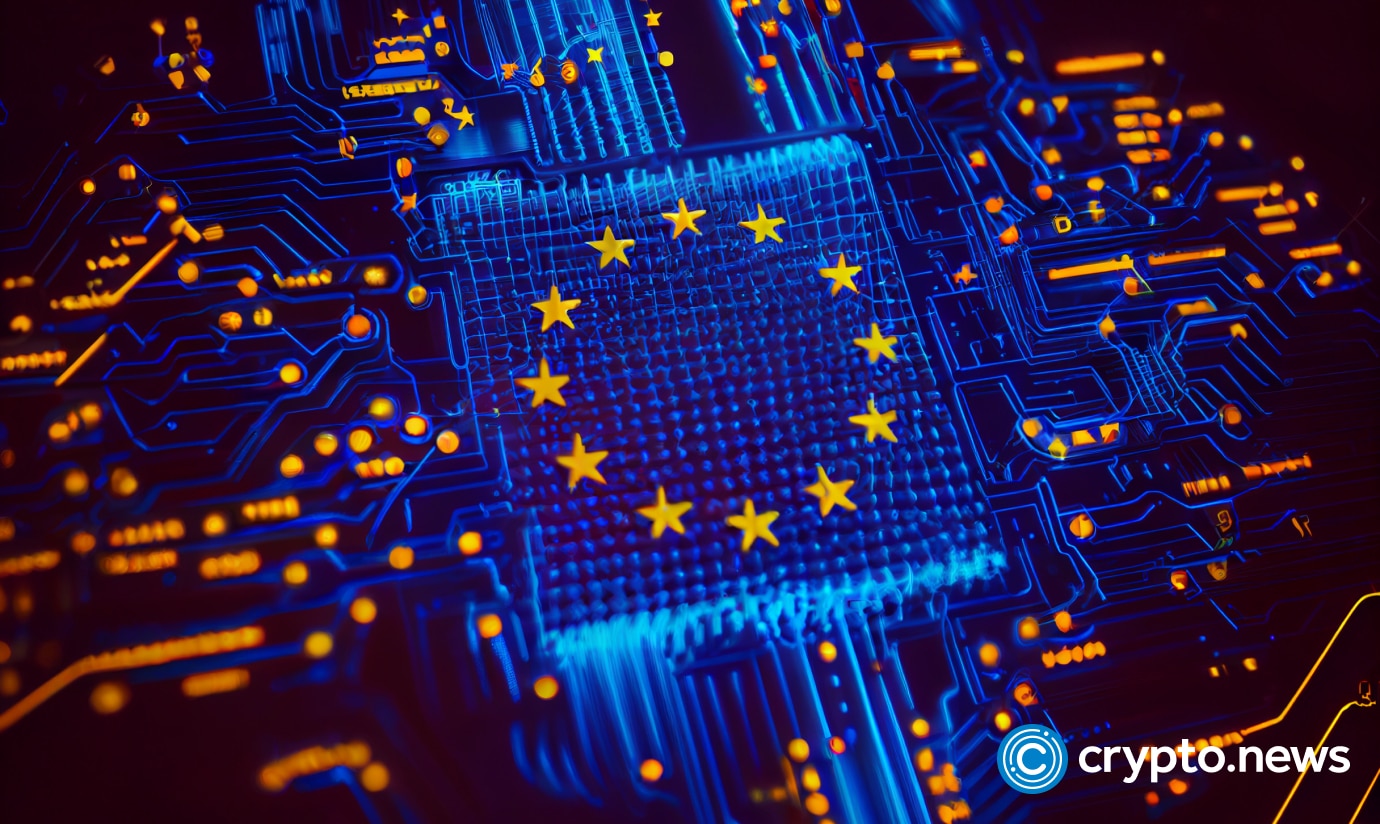IOTA Supercharges Real-World Tracking with Live ObjectID & New Native Token
The post IOTA Supercharges Real-World Tracking with Live ObjectID & New Native Token appeared on BitcoinEthereumNews.com. With features like zero transaction fees, QR-based verification, and lifecycle tracking, IOTA’s ObjectID is designed for seamless integration across industries. Leveraging fee-less architecture, ObjectID eliminates gas fees and wallet requirements, ensuring cost-effective and user-friendly adoption. IOTA blockchain is further steering the adoption of the Internet of Things (IoT), with its recent launch of ObjectID, a decentralized application (dApp) designed to give real-world objects a unique digital identity. The announcement comes just hours after the deployment of ObjectID’s native token on the IOTA mainnet. The ObjectID basically serves as a digital passport for physical items that allows them to have unique, verifiable identities on the blockchain. Some of the key features of the ObjectID include: Tamper-proof timestamps: Every event is recorded on-chain with cryptographic precision down to the millisecond. Zero transaction fees: Ensuring seamless and cost-effective usage. QR-based verification: Accessible from any node in the network. Comprehensive tracking: Capabilities for location tracking and lifecycle event management. Real-world integration: API-ready for industries like traceability, luxury goods, healthcare, and food. Unlike traditional blockchain systems, ObjectID eliminates transaction fees, gas wars, and the need for wallets, making it a highly accessible solution for businesses and users alike. Thanks to IOTA’s fee-less network, every ObjectID interaction costs €0, regardless of scale. Businesses can sponsor user actions via the IOTA Gas Station, ensuring seamless and cost-free participation for end users. Furthermore, object histories are securely updated using access-controlled smart contracts written in the Move programming language. This ensures robust security while maintaining transparency and immutability. IOTA, IoT Growth, and the Major Role of ObjectID With an estimated 25 billion connected devices by 2026 and 40 billion by 2030, the IoT industry is eyeing explosive growth in the years to come. ObjectID’s ability to integrate seamlessly with physical objects positions it at the forefront of this revolution,…

The post IOTA Supercharges Real-World Tracking with Live ObjectID & New Native Token appeared on BitcoinEthereumNews.com.
With features like zero transaction fees, QR-based verification, and lifecycle tracking, IOTA’s ObjectID is designed for seamless integration across industries. Leveraging fee-less architecture, ObjectID eliminates gas fees and wallet requirements, ensuring cost-effective and user-friendly adoption. IOTA blockchain is further steering the adoption of the Internet of Things (IoT), with its recent launch of ObjectID, a decentralized application (dApp) designed to give real-world objects a unique digital identity. The announcement comes just hours after the deployment of ObjectID’s native token on the IOTA mainnet. The ObjectID basically serves as a digital passport for physical items that allows them to have unique, verifiable identities on the blockchain. Some of the key features of the ObjectID include: Tamper-proof timestamps: Every event is recorded on-chain with cryptographic precision down to the millisecond. Zero transaction fees: Ensuring seamless and cost-effective usage. QR-based verification: Accessible from any node in the network. Comprehensive tracking: Capabilities for location tracking and lifecycle event management. Real-world integration: API-ready for industries like traceability, luxury goods, healthcare, and food. Unlike traditional blockchain systems, ObjectID eliminates transaction fees, gas wars, and the need for wallets, making it a highly accessible solution for businesses and users alike. Thanks to IOTA’s fee-less network, every ObjectID interaction costs €0, regardless of scale. Businesses can sponsor user actions via the IOTA Gas Station, ensuring seamless and cost-free participation for end users. Furthermore, object histories are securely updated using access-controlled smart contracts written in the Move programming language. This ensures robust security while maintaining transparency and immutability. IOTA, IoT Growth, and the Major Role of ObjectID With an estimated 25 billion connected devices by 2026 and 40 billion by 2030, the IoT industry is eyeing explosive growth in the years to come. ObjectID’s ability to integrate seamlessly with physical objects positions it at the forefront of this revolution,…
What's Your Reaction?











































